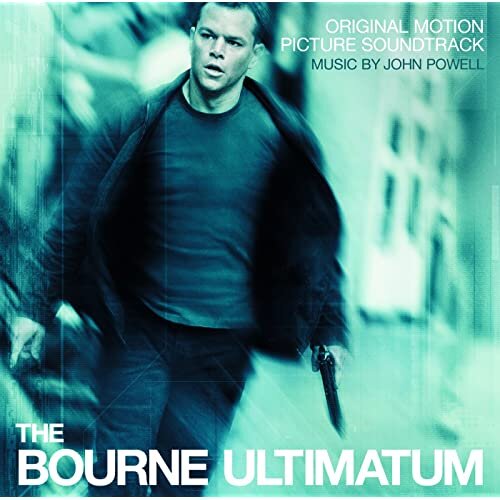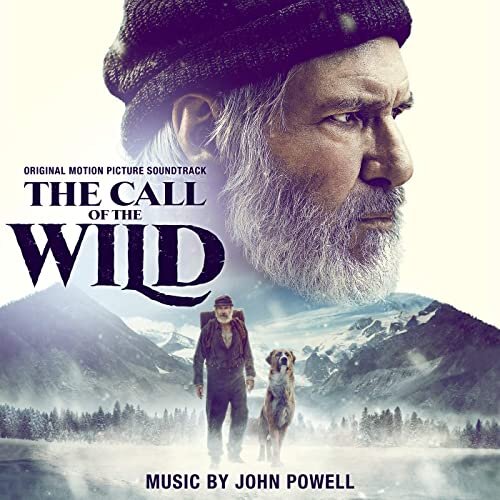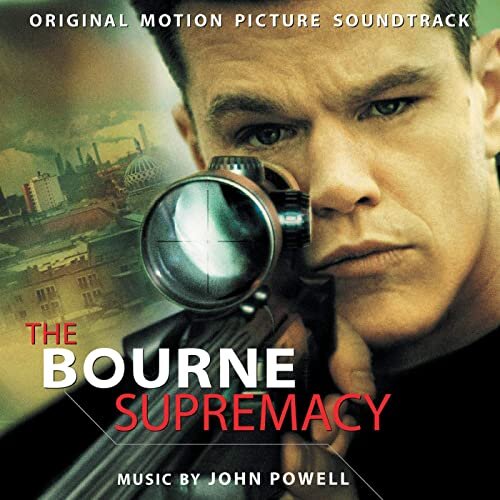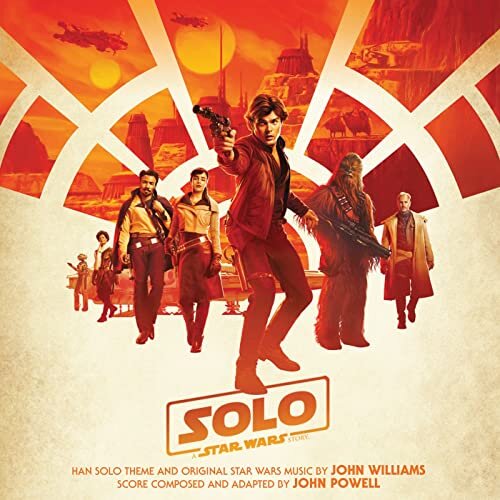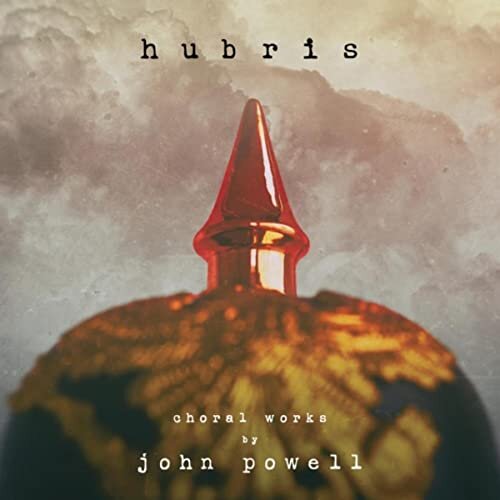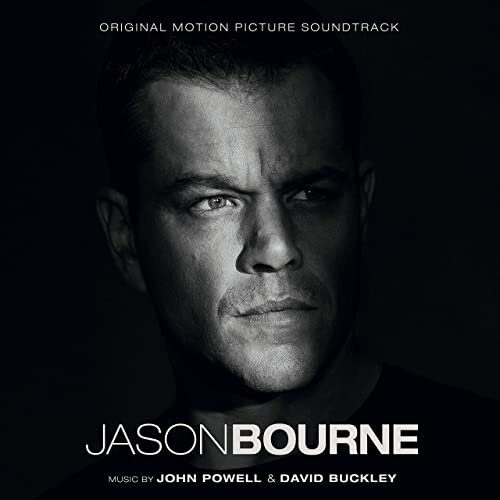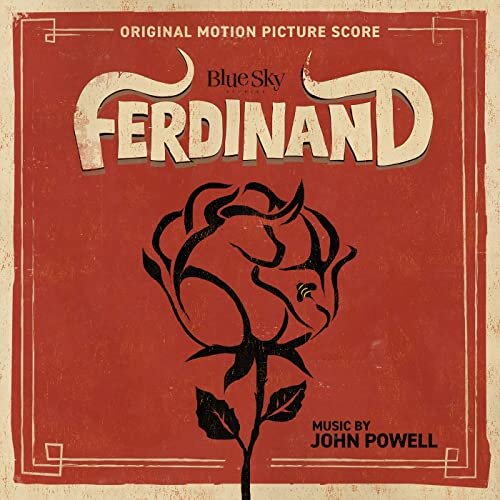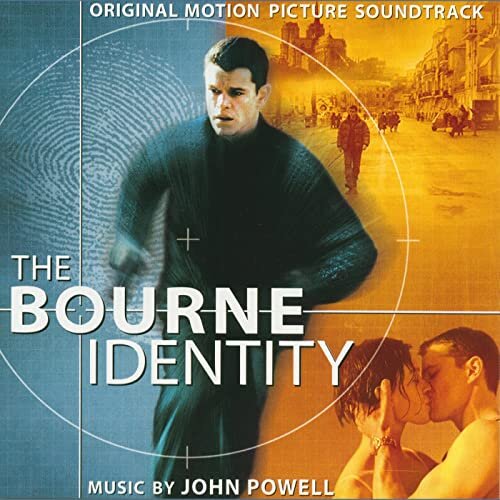John Powell is an English composer best known for his scores in motion pictures. He has been based in Los Angeles since 1997 and has composed the scores to over fifty feature films. He is particularly known for his scores for animated films, including Antz, Chicken Run, Shrek (all three co-composed with Harry Gregson-Williams), Robots, Happy Feet, Happy Feet Two, three Ice Age sequels, Bolt, Rio, Rio 2, and the How to Train Your Dragon film series .
He has also scored many live-action films, of which his collaborations with directors Doug Liman and Paul Greengrass are perhaps the best known. These include the first three and the fifth Bourne films, Mr. & Mrs. Smith, United 93, Jumper, Green Zone and Solo: A Star Wars Story. His work on Happy Feet, Ferdinand and Solo: A Star Wars Story has earned him 3 Grammy nominations. He was nominated for an Academy Award for How to Train Your Dragon. Powell was a member of Hans Zimmer's music studio, Remote Control Productions, and has collaborated frequently with other composers from the studio, including Harry Gregson-Williams and Zimmer himself.
JOHN POWELL
My father was a musician so I was kind of surrounded by it from a very young age, but it wasn't until I was seven and heard one particular piece of music called the Mendelssohn's Violin Concerto in E minor and it just set something going in my brain where it spoke at another layer of communication, another level that I had been probably as a seven-year-old stumbling to try and find the language for, and here was something that I completely understood, I knew exactly what was being said in a much deeper way than I had ever heard in any other communicative system.
So, in the language of English that I could speak at age seven, which was probably okay, I wasn't a stupid child, but it would have felt like that was very limited compared with what I heard explained to me in a kind of more esoteric way, admittedly. I'm not saying that... I can't draw a line between language, really, and music. It's too disparate, but there are so many levels of human communication in it that I hear. Feelings, obviously, imagery, a sort of indescribable warmth, chills. All of these kinds of words we try to use to explain the feelings, but the communication is very clear when music is good. It's very clear. You hear a story that is a four-dimensional story.
And I think that probably set me up for, and I never really intended it, set me up for working within cinema as well. And I didn't really know what I was doing in cinema an in storytelling until a lot later in my career in Hollywood, as it were. And then, more recently again, I've found that my storytelling chops, the ability to figure out how to tell stories more literally is much more connected to my understanding of music than I ever realized. And that ability we have to tell stories I've now tried to channel back into my composition that isn't for film and TV. So, it's been an interesting feedback loop of what music does is tell me stories that I'm unable to read or understand any other way, then I work in a medium where I'm using music to support more literal storytelling, and then that education that I got of literal storytelling I've found to become much more useful as I write music that has no literal story to it.
This interview was conducted by Mia Funk with the participation of collaborating universities and students. Associate Interviews Producers on this podcast were Sammy Sherian & Gwyneth Casey. Digital Media Coordinator is Yu Young Lee.
Mia Funk is an artist, interviewer and founder of The Creative Process.




